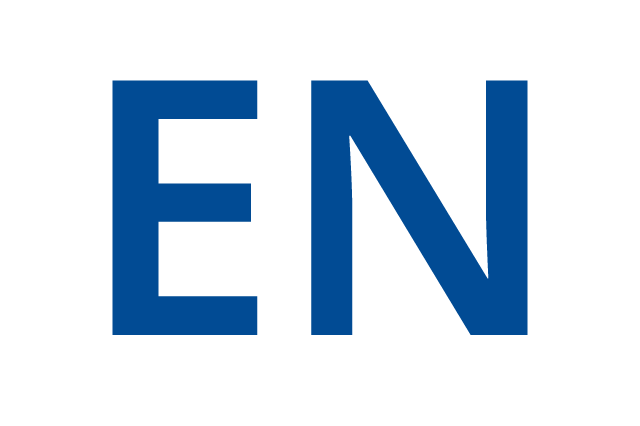
| Données Personnelles | Thématiques de recherche | Charges de cours | Publications |
SPREUTELS Laurent



Unités
TIPs - Transport phenomena and process engineering
The objective of the research carried out at the Transfers, Interfaces and Processes (TIPs) laboratory of the Université libre de Bruxelles (ULB) is the experimental characterization and the mathematical modeling of transport phenomena within systems containing several phases (gas and/or liquid and/or solid), exchanging matter, heat or momentum, through an interface between these phases, at scales between the micron and the millimeter. The research carried out revolves around mainly fundamental and/or generic questions. They have direct applications in the fields of health, environment, heat transfer technologies and agro-food, chemical, microtechnology, materials and space industries. Our current research concerns 9 scientific topics: Drying, Enzymatic processes, Evaporation and boiling, Gas-liquid transfers, Microfluidics, Physiological fluids, Soft/Wet microrobotics, Surface rheology and, as a side research area, the characterization of Ancient hydraulic systems. The TIPs laboratory is composed of 5 professors and approximately 35 researchers. It is divided into two research units : "TIPs - Transport phenomena and process engineering" and "TIPs - Fluid physics". The TIPs laboratory collaborates with a number of scientific and industrial partners in Belgium, Europe, USA, Israel and Canada, in the frame of several networks funded by the European Commission or by the European Space Agency, and also thanks to support at National level (BELSPO, FNRS, Brussels and Walloon Regions). The team investigates mostly fundamental and/or generic questions, i.e. common to several natural or industrial processes. Studied problems most often involve notions of nonlinear dynamics, physical chemistry (equilibrium and non-equilibrium), statistical mechanics, transport phenomena, applied mathematics, ... The used tools are either theoretical (stability analyses, scaling laws, asymptotic techniques, ...), numerical (commercial or 'home-made' software), or experimental (fluid behavior visualization by interferometry, Schlieren, infrared thermography, ...). The TIPs laboratory has an experimental facility devoted to the realization, the characterization and the manipulation of systems including several phases (gas and/or liquid and/or solid), exchanging mass, energy or momentum, at a characteristic length scale between the micron and the millimeter. The lab is part of the Micro-milli platform. It is managed by Adam Chafaï, PhD.
Projets
Multiscale analysis of drying processes
Dans le domaine du séchage, une partie importante de notre travail se concentre sur l’étude des processus de transport se déroulant à l’échelle d’un produit, lors de son séchage. Nous nous sommes intéressés à divers produits, des granulés de levure de boulangerie aux sols, en passant par les suspensions colloïdales, les grains de poivre ou les fèves de cacao, dans différents types d'appareils / géométries (tunnel de laboratoire, lit fluidisé, atomiseur, goutte sessile, cellule de Hele-Shaw…). . En combinant des expériences et une modélisation mathématique, nous essayons de mettre en évidence et de caractériser les phénomènes clés impliqués et de développer des modèles validés expérimentalement de la cinétique de séchage de ces produits. Du point de vue expérimental, nous avons mis au point divers dispositifs associant une mesure en continu du taux de séchage et des caractérisations optiques (à l’aide de microscopes ou de caméras infrarouges). D'un point de vue plus fondamental, nous nous intéressons également à la quantification et à la modélisation de la compétition pouvant exister en milieu poreux entre l'évaporation du liquide et le mouvement de convection induit par capillarité (imbibition).A l'échelle du séchoir, nous participons à plusieurs projets visant au développement, sur une approche rationnelle, de séchoirs solaires, à mettre en œuvre au sein de coopératives d'agriculteurs de pays en développement (Ouganda, Cambodge ...). Dans le cadre d'une collaboration de longue date avec Polytechnique Montréal, nous nous intéressons également au développement de dispositifs alternatifs pour le séchage des grains de levure (séchoir rotatif, lit à bec conique ...).Publications sélectionnées: Van Engeland, C., L. Spreutels, R. Legros, & amp; Haut, B. Séchage par convection de la levure de boulanger contenant un support. Accepté en technologie de séchage. 2018 Sobac, S., Colinet, P., Larbi, Z., & amp; Haut, B.Modélisation mathématique du séchage d'une goutte colloïdale sphérique. Soumis au Journal of Colloïd et à Interface Science. 2018. Herman, C., Spreutels, L., Turomzsa, N., Konagano, E., & amp; Haut, B. Séchage par convection de fèves de cacao d'Amazonie fermentées (Theobroma cacao var. Forasteiro). Expériences et modélisation mathématique. Transformation des aliments et des bioproduits, 108, 81-94. 2018. P. Talbot, M. Lhote, C. Heilporn, A. Schubert, F. Willaert, & amp; Haut, B. Séchoirs solaires à tunnel ventilé pour les organisations de petits agriculte

